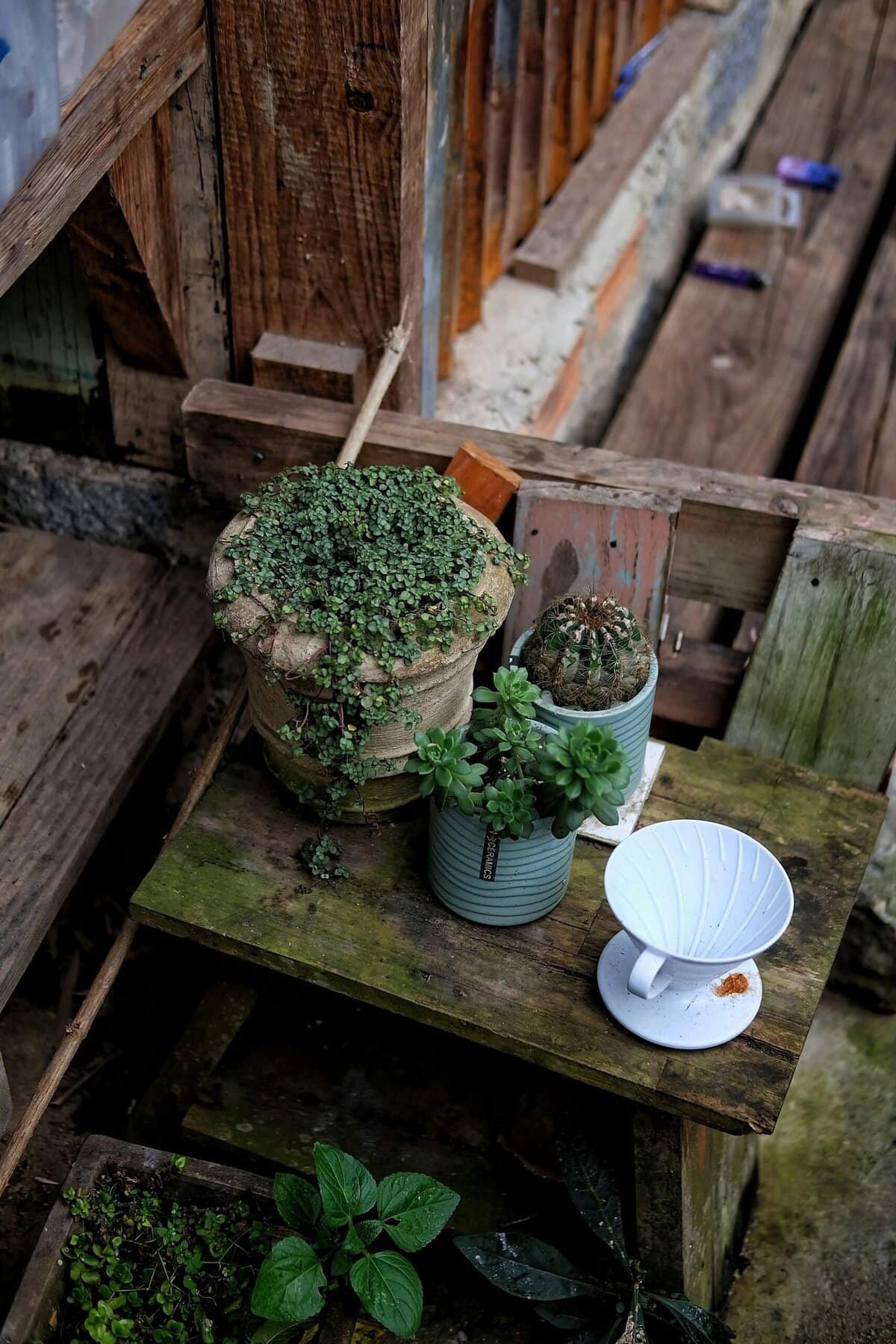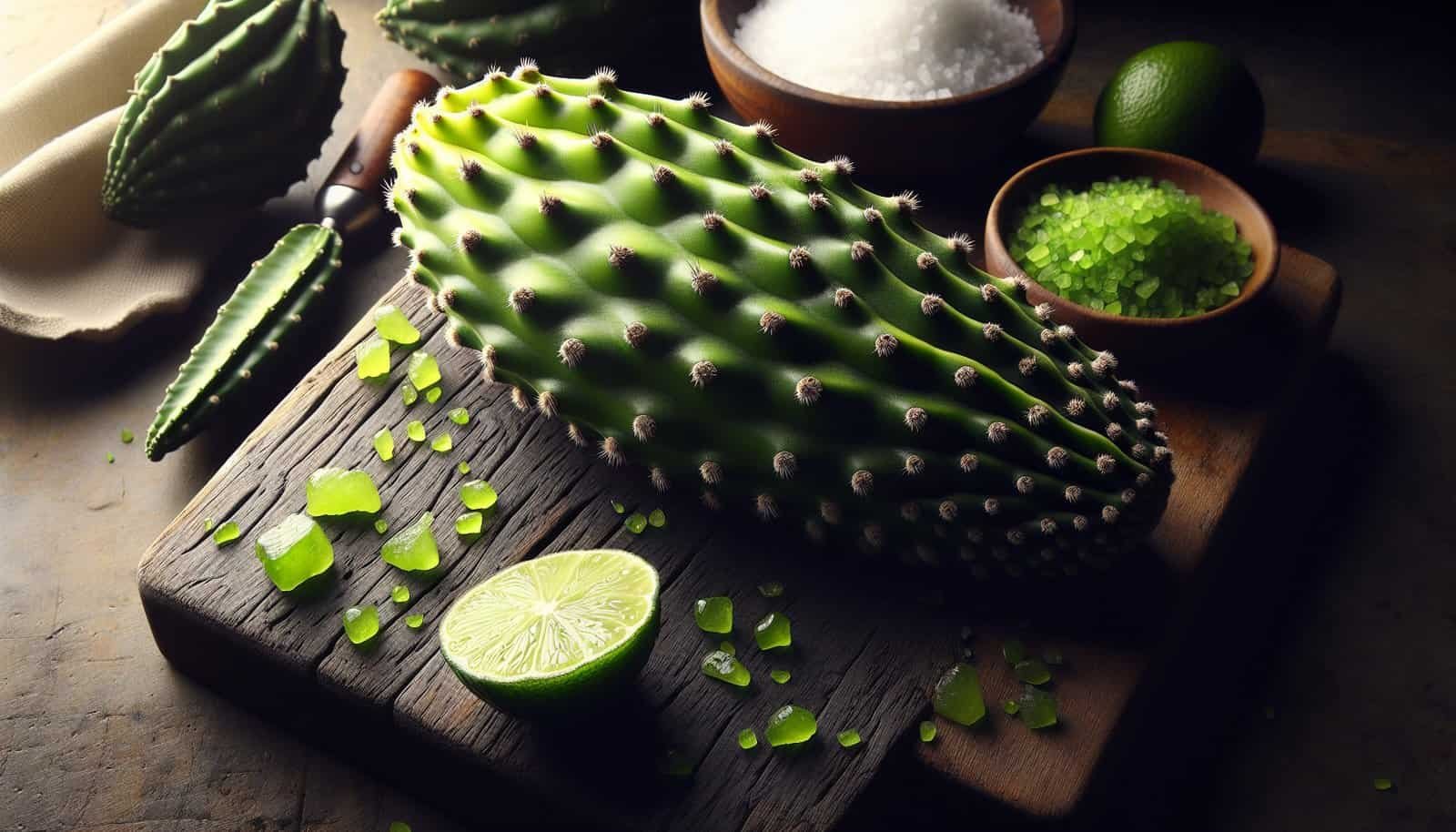Have you ever wondered how to prepare nopal for roasting in the oven? This unique cactus, rich in nutrients and flavor, is a staple in many Mexican dishes. It brings a delightful combination of earthy taste and a slight tanginess that can elevate any meal. Yet, many are unsure about how to transform this prickly plant into something delightful and easy to cook.
Preparing nopal, or prickly pear cactus, might seem intimidating at first, especially when you find yourself facing its tough outer skin and sharp spines. However, once you learn the right techniques and methods, it becomes a rewarding addition to your cooking repertoire. In this guide, you’ll discover step-by-step instructions on how to prepare nopal for roasting in the oven, and explore its versatility in culinary use.

Understanding Nopal
Before diving into the preparation process, it’s essential to comprehend what nopal is and why it’s worth adding to your diet. Derived from the Opuntia cactus genus, nopal is packed with nutrients and is a traditional food source that has been used in Mexican cuisine for centuries. It features paddle-shaped leaves characterized by their vibrant green color and tiny, yet daunting, spines.
Nutritional Benefits of Nopal
Nopal is more than just an intriguing plant. It offers a wide array of health benefits, making it a great addition to a balanced diet. High in fiber, nopal supports digestive health and helps regulate blood sugar levels. It’s also a good source of vitamins such as A, C, and K, minerals like calcium and magnesium, and antioxidants that protect against cellular damage. For those aiming to maintain a healthy weight, nopal is low in calories yet filling, which can aid in weight management.
Culinary Uses of Nopal
In the culinary world, nopal can be quite versatile. Its ability to absorb flavors while retaining its unique texture makes it perfect for salads, stews, and grilled dishes. When roasted, nopal develops a slightly smoky flavor with a tender yet crisp texture, making it a delicious addition to numerous recipes.
Selecting the Right Nopal
For the best culinary experience, choosing the right nopal is crucial. Not all nopal leaves are the same, and selecting fresh, tender pads ensures your dish will taste its best.
Choosing Fresh Nopal
When shopping for nopal at your local grocery store or market, look for pads that are bright green, firm, and free of blemishes or mold. Avoid those that appear dry, wilted, or yellowing. Smaller pads tend to be tender and more flavorful, making them ideal candidates for roasting.
Prickly Considerations
Handling nopal might sound daunting due to its spines, but with the right precautions, it is manageable. Use gloves to protect your hands when selecting and preparing nopal. Though commercially sold nopal often has its spines removed, some residual spines may still be present. Therefore, always take precautions to avoid those painful prickles.
Preparing Nopal for Roasting
The key to a successful nopal dish lies in its preparation. By following the steps below, you’ll be on your way to transforming those prickly pads into a dish to remember.
Cleaning and Trimming
Wash the Pads: Rinse the nopal pads thoroughly under cold water to remove any dirt or debris.
Remove the Spines: While wearing gloves, lay each nopal paddle flat on a cutting board. Use a paring knife to carefully scrape off any remaining spines and the brown nodes. A vegetable peeler can also be used for this task if it feels more comfortable.
Trim the Edges: Cut the edges of the pads with a knife to remove any spines that might linger there.
Rinse Again: Give the nopal another quick rinse under cold water to remove any small pieces that might have been missed.
Cutting Into Strips
For roasting, cutting nopal into strips allows for even cooking and a pleasing texture. Here’s how to do it:
Slice the Nopal: With the cleaned nopal flat on your cutting board, cut the pads into uniform strips, about 1/2 inch wide. This thickness offers a balance between maintaining texture and ensuring thorough roasting.
Pat Dry: After slicing, use a paper towel to pat the nopal dry. Removing excess moisture helps achieve a desirable crispy texture during roasting.
Roasting Nopal in the Oven
Roasting nopal brings out its natural flavors, creating a dish that’s warm, slightly charred, and deliciously flavorful. Here’s a comprehensive guide on how to roast these cactus pads to perfection.
Ingredients and Tools Needed
To roast nopal, you’ll need the following:
Ingredients:
- Sliced nopal pads
- Olive oil (or any preferred cooking oil)
- Salt
- Black pepper
Tools:
- Baking sheet
- Parchment paper or non-stick spray
- Mixing bowl
- Tongs or spatula
Step-by-Step Roasting Process
Preheat the Oven: Set your oven to 375°F (190°C) to ensure it’s hot enough for roasting.
Toss with Oil and Seasonings: In a mixing bowl, combine the sliced nopal with a drizzle of olive oil, salt, and pepper. Toss well to ensure each piece is coated evenly.
Prepare the Baking Sheet: Line a baking sheet with parchment paper or spray it lightly with non-stick spray. This prevents the nopal from sticking during cooking.
Arrange Nopal Strips: Spread the nopal strips in a single layer on the baking sheet. Avoid overcrowding to allow for proper air circulation and even roasting.
Roast in the Oven: Place the baking sheet on the middle rack of your preheated oven. Roast for about 15–20 minutes, flipping the nopal strips halfway through. The edges should appear crispy and slightly browned when done.
Enhancing the Flavor
If you’re looking to enhance the basic roasted nopal, consider the following tips:
- Add Spices: Incorporate spices like garlic powder, chili powder, or cumin for an added kick.
- Squeeze Citrus: Just before serving, a squeeze of lime or lemon juice can heighten the fresh flavors.
- Top with Cheese: A sprinkle of crumbled queso fresco or feta can add a nice tangy richness.

Incorporating Roasted Nopal into Meals
Once roasted, nopal can be integrated into a variety of dishes. Here are some ideas on how you might use your roasted nopal:
Tacos and Burritos
Adding roasted nopal strips to tacos or burritos provides a unique texture and taste. They pair wonderfully with traditional fillings like grilled meats, beans, and salsas.
Salads
Tossing roasted nopal into a salad introduces an appealing contrast of flavor. Combine it with mixed greens, avocado, cherry tomatoes, and a light vinaigrette for a nutritious dish.
Sides
Serve roasted nopal as a side dish alongside main courses like grilled chicken or pork. Its unique flavor complements many protein-rich foods, enhancing your meal with minimal effort.
Breakfast Dishes
For a savory breakfast, consider including roasted nopal in an omelet or scrambled eggs. Its earthy notes fit beautifully with eggs, cheese, and even breakfast meats.
A Few Considerations
While roasting nopal enhances its flavors and textures, it’s important to consider a few aspects to ensure the best outcome.
Managing Slime
Nopal naturally contains a slimy substance similar to okra. While some people enjoy this characteristic, others prefer to minimize it. Roasting helps reduce this slime, but if desired, you can also blanch the nopal strips in boiling water for a minute before roasting.
Storage and Leftovers
If you have leftover roasted nopal, store it in an airtight container in the refrigerator for up to 3 days. Reheating in the oven or on a stovetop can help retain its roasted texture without becoming soggy.

Benefits Beyond Flavor
Using nopal in your cooking not only adds an exotic touch to your dishes but also incorporates a range of health benefits into your diet.
Supporting Nutrition
Regularly consuming nopal can be a step towards better health. Its fiber content aids digestion, while its nutrients support various bodily functions. Including such plant-based ingredients in your meals can help diversify nutrient intake.
Environmental Impact
Growing and harvesting nopal is generally sustainable and environmentally friendly. It requires minimal water and thrives in arid climates, which can make it a great agricultural choice in water-scarce areas.
Conclusion
Exploring how to prepare nopal for roasting in the oven opens the door to a new world of culinary possibilities. By focusing on preparation and seasoning, you can enjoy the myriad flavors and textures this intriguing cactus offers. Whether you’re seeking to diversify your vegetable intake or find new flavors that surprise and delight, roasted nopal is sure to captivate your tastebuds. Enjoy your culinary journey as you master the art of preparing this unique plant, turning it from spiny and daunting to a delicious, roasted delight.


